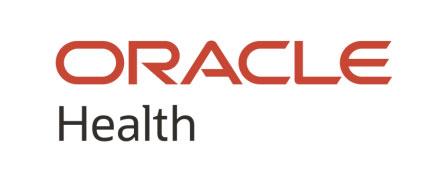Inside the hospitals using AI to make calls
From reclaiming clinical time in the UK to accelerating diagnostics in rural Pakistan, AI is proving to be medicine's most potent new instrument.
| 14 August, 2025 | By WHX Tech |
Share on socials
|
 |
Forget the sterile image of a robot replacing a doctor. Picture this instead: a digital co-pilot, sitting in the clinical cockpit, processing immense datasets in milliseconds to give our human experts a clearer, faster view of the horizon. The new anatomy of care is saving lives and time across the globe.
In a busy GP practice in the U.K., this co-pilot is an AI-powered triage system. It assesses clinical needs, guiding patients to the right care, the first time. The results? A 69% drop in same-day appointment demand and a 70% reduction in repeat visits. Patients feel in control, and clinicians are liberated to focus on complex cases, conducting 8% more consultations without adding staff. This is just one example of the outcomes of intelligence amplifying intuition.
Fly across the Atlantic to the Mayo Clinic’s stroke unit in the U.S. where every second is critical. As the clock ticks, an AI algorithm devours hundreds of CT scans, spotting abnormalities with superhuman speed. The system compresses minutes of analysis into mere seconds, helping to save an average of 42 million neurons per patient. It’s a stark, visceral demonstration of AI acting as a high-speed diagnostic partner when the stakes are highest.
Such intelligence is also learning the language of clinicians. At Washington University, a new model is trained not on lab results, but on the rich, unstructured data of doctors’ own clinical notes. By understanding this human context, it forecasts postoperative complications with profound accuracy, correctly flagging 39 more at-risk patients per 100 than previous models.
The power of AI to enhance patient outcomes and decision-making isn’t confined to high-tech hospitals. In rural Pakistan, the Stop TB Partnership deploys AI to read chest X-rays, boosting TB detection in mining communities by a massive 77.5%. It proves that world-class diagnostics can be deployed anywhere, reaching the people who need it most.
These examples are just the tip of the iceberg. The new standard of patient outcomes is being built by pioneers like Oracle Health, who you can meet at WHX Tech this September.
|
 |
They are crafting the tools of a data-driven, human-centric clinical world: from generative AI that automates documentation to predictive instruments that help sculpt personalized treatment paths.
As a clinician, radiologist, or department head, your challenge is to master the tools that will define the next decade of care.
See these systems in action. Question the developers. Find your next technology partner. Register for WHX Tech in Dubai and connect with the suppliers, startups, and strategists who are building your future toolkit.




